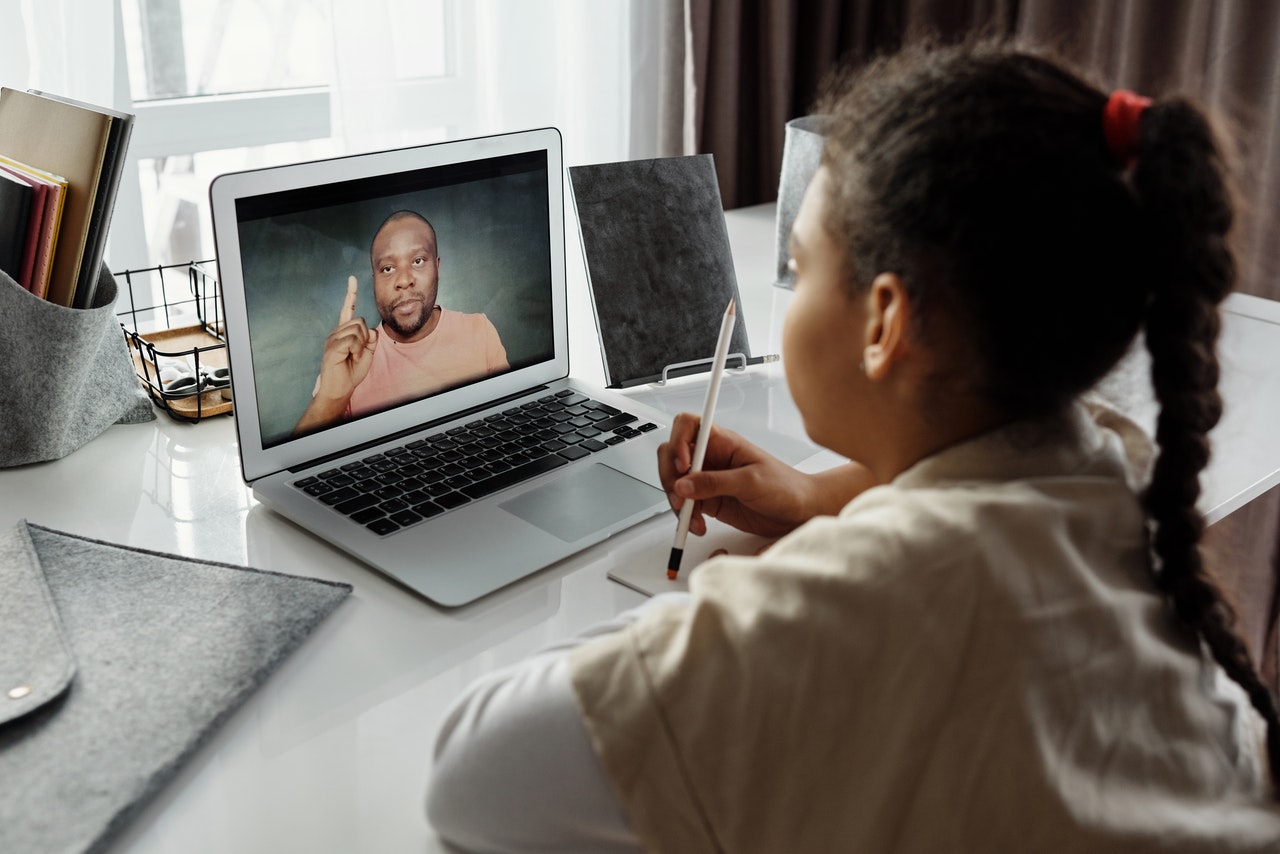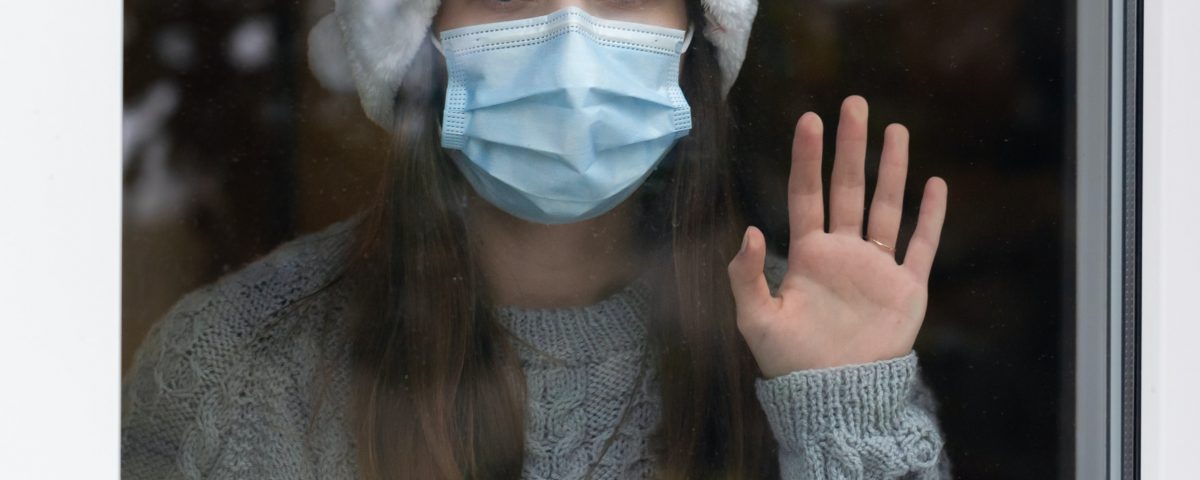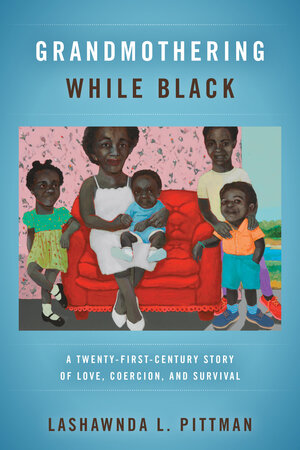
Effects of COVID-19 on the Lives of Caregivers of Military Veterans
November 16, 2020
Remote schooling in the U.S. leaves students behind
December 15, 2020By Kirstie McAllum
11/20/2020
Has loneliness, the subjective feeling of being alone and lacking connection to others, increased since the COVID-19 pandemic began? Loneliness researcher John Cacioppo calls loneliness “social pain,” although loneliness also affects our physical health. The extent of loneliness depends on (1) the number of relationships that we are embedded in; (2) the role that these relationships play in our lives; and (3) the quality of these relationships.
Cross-sectional studies, which provide a ‘snapshot’ of loneliness since the pandemic began, show that younger people and older adults risk being lonelier. However, it is not clear if the individuals who participated in these cross-sectional studies are more or less lonely than they were before the pandemic began. Indeed, despite the fears of those who worried about a loneliness pandemic, longitudinal studies that compared the loneliness of the same individuals before and after the onset of COVID-19 have not found increased levels of loneliness: In fact, some studies show that perceived social and emotional support actually increased.
This surprising finding has two possible explanations. First, although compulsory confinement and physical distancing measures do increase social isolation and hence intensify the risk of loneliness, COVID-19 has actually de-stigmatized loneliness. No longer is loneliness a “personal” problem that an individual is presumed to be responsible for, but the result of health authority restrictions that prevent further spread of the disease and protect the most vulnerable members of society. Second, lack of social contact has led many to realize the importance of connecting and to prioritize relationships, potentially reducing subjective feelings of being alone and disconnected.
Yet, we still need to reach out and care for those who were lonely before the pandemic began. We might consider making phone calls to those who might not be comfortable with video-conferencing technology, dropping off groceries to someone is physically vulnerable or trying out virtual volunteering. What is most important in beating the loneliness pandemic is giving and receiving care.


